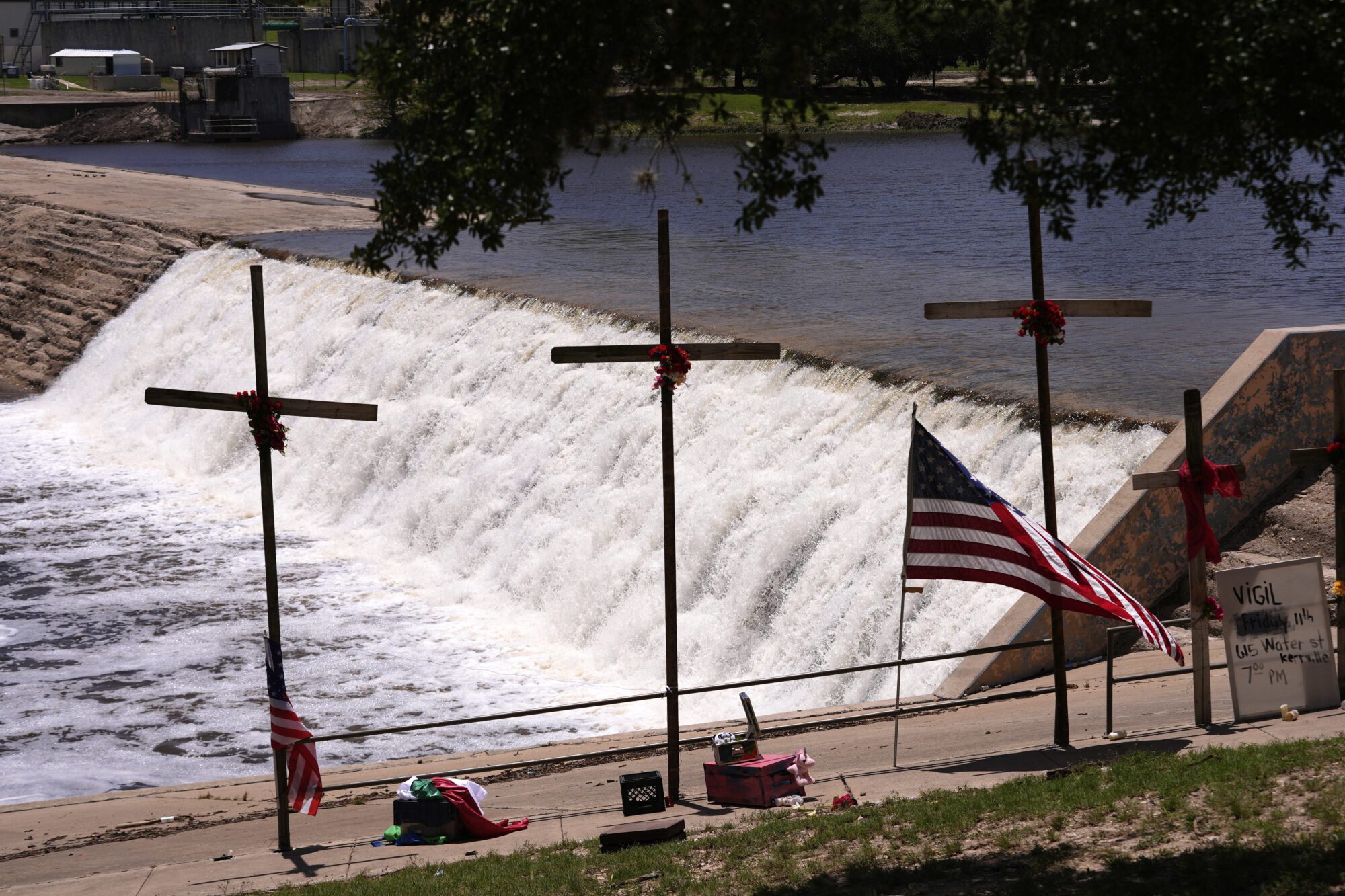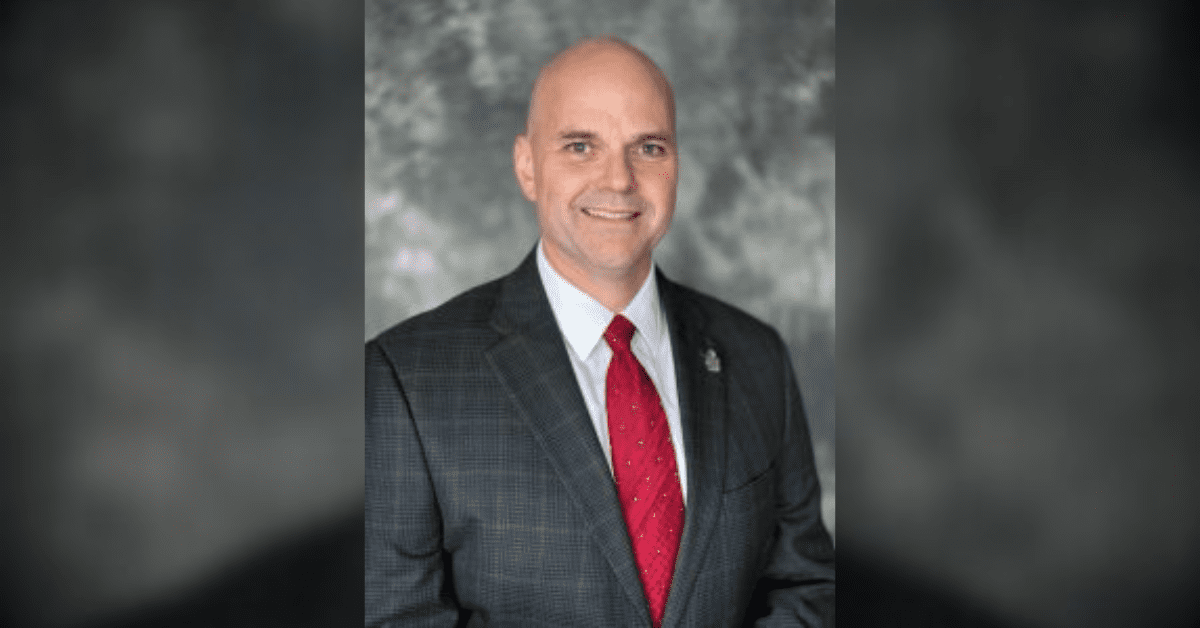
Studio portrait of Sid Salter. (photo by Beth Wynn / © Mississippi State University)
The case before the U.S. Supreme Court involves a former Mennonite missionary who was a USPS letter carrier in rural Pennsylvania for seven years before the USPS entered into an agreement with Amazon.
Bottom line, can your employer compel you to work on the Sabbath if you have religious beliefs which you believe require you to be in church and rest on Sundays?
And if you have a co-worker whose religious beliefs make him or her unavailable to work on Sundays, does your increased Sunday workload impact your common employer’s right to deny that religious accommodation under a 1977 federal court ruling on Title VII of the U.S. Civil Rights Code?
A former Pennsylvania postal worker is testing that question before the highest court in the land this week as the Supreme Court hears arguments in the case Groff v. DeJoy. Blogger, reporter and lawyer Amy Howe explains the complex case at SCOTUSblog.com:
Federal law prohibits employers from firing workers for practicing their religion unless the employer can show that the worker’s religious practice cannot ‘reasonably’ be accommodated without ‘undue hardship.’ In 1977, the Supreme Court ruled in Trans World Airlines v. Hardison that the ‘undue hardship’ standard is met whenever the accommodation would require more than a trivial or minimal cost.
The court agreed to review the case of Gerald Groff, a Christian and U.S. Postal Service employee who was disciplined after he refused to work on Sundays delivering Amazon packages. Groff went to federal court, where he argued that USPS had failed to provide him with reasonable accommodations for his religious practices.
The U.S. Court of Appeals for the 3rd Circuit ruled that USPS would suffer an undue hardship if it were required to accommodate Groff by excusing him from working on Sundays. Not scheduling Groff on Sundays, the court of appeals explained, affected the rest of his workplace – for example, by requiring his coworkers to cover his shifts or deliver more mail.
Groff is a former Mennonite missionary who was a USPS letter carrier in rural Lancaster County, Pennsylvania, for seven years before the USPS – which does not deliver mail on Sundays – entered into an agreement with giant online retailer Amazon.
Groff told ABC: “They (USPS) began to ask people in my position to deliver on Sundays or holidays, and I told them, ‘I’m not going to be able to work on the Lord’s Day at all,’” Groff said. “The Bible says that we’re supposed to keep the Lord’s Day as unique and holy, a day that’s set apart to worship and honor God.”
Appellate court documents cited in the Groff case reflect what the Postal Service believed that Groff’s refusal to work on Sundays caused a tense work environment, and resentment of USPS management and created a fiscal cost on operations.
A Third Circuit Court of Appeals panel ruled: “An employer is not required to accommodate at all costs. Exempting Groff from working on Sundays caused more than a (minimal) cost on USPS because it actually imposed on his coworkers, disrupted the workplace and workflow, and diminished employee morale.”
The Supreme Court, it would seem, also must decide if the Groff case should hinge on the Old Testament interpretation of the admonition against work on Sundays or the New Testament interpretation.
In the Book of Numbers, failure to keep the Sabbath was a death penalty offense. The passage describes the stoning of a Sabbath-breaker. But the Bible in Mark 2:27-28 intones: “The Sabbath was made for man, not man for the Sabbath. So, the Son of Man is lord even of the Sabbath.”
In the context of future enforcement and interpretation of Title VII of the Civil Rights Act of 1964, the Groff case has to be about more than the Christian faith notion of the Sabbath – and must be germane to people of different faiths and atheists. That’s a very difficult legal needle to thread.









